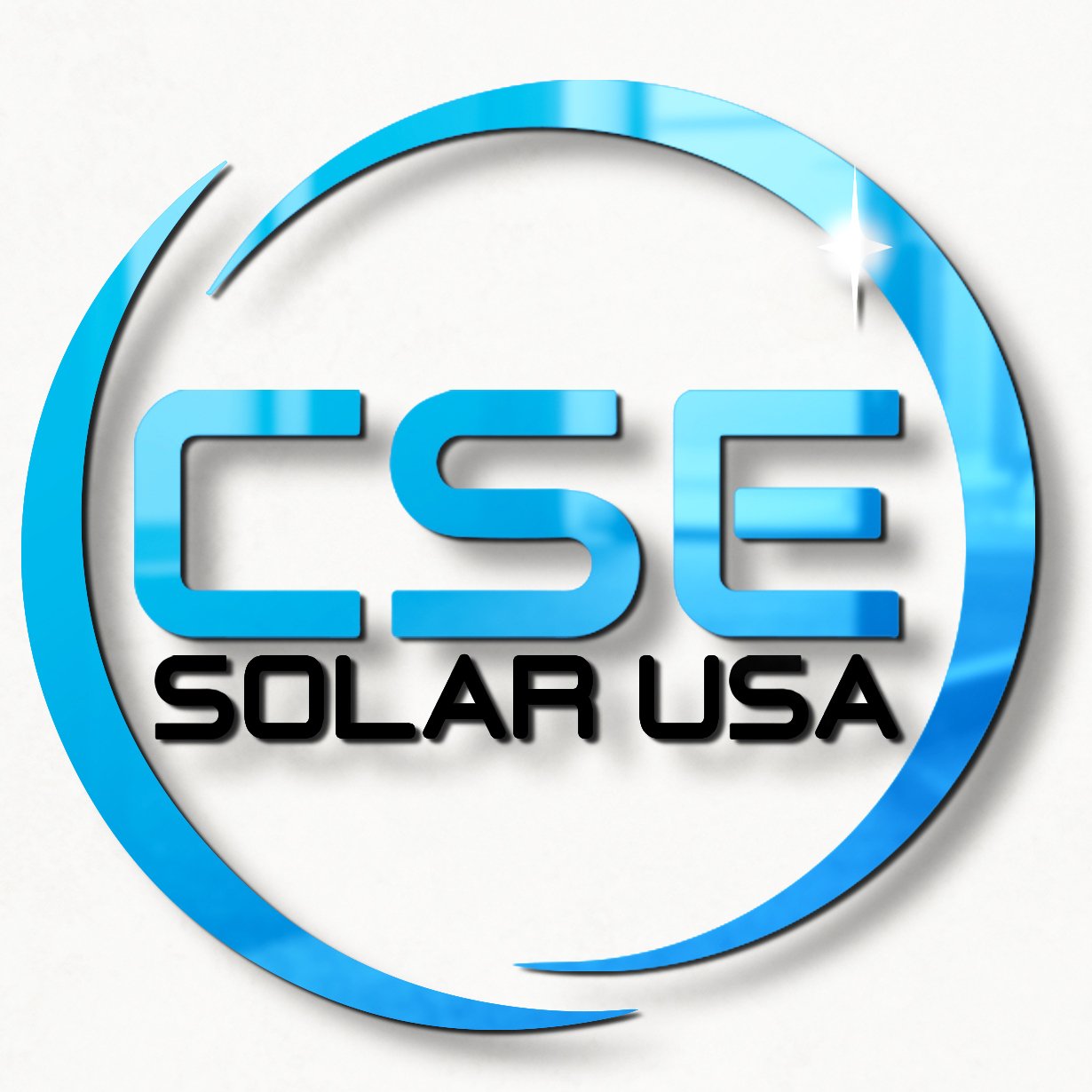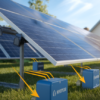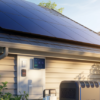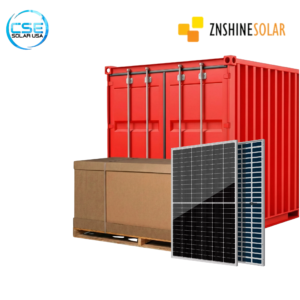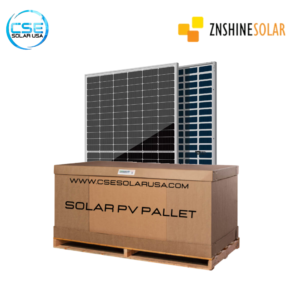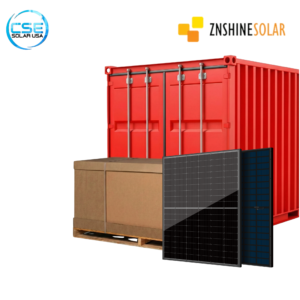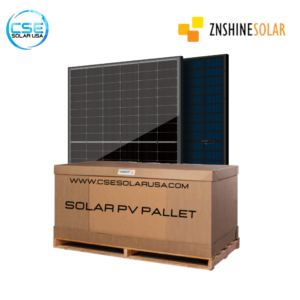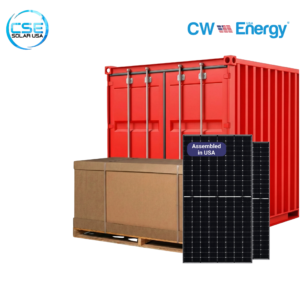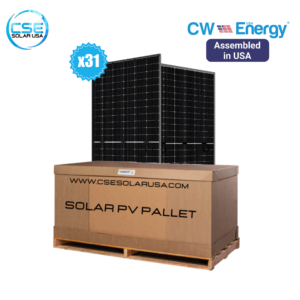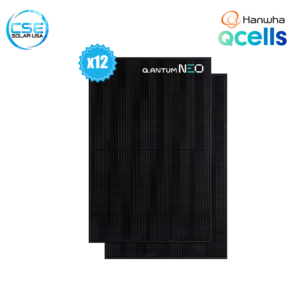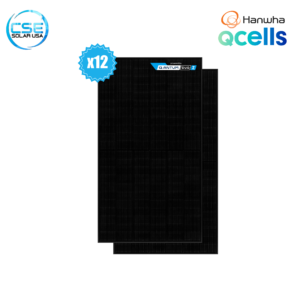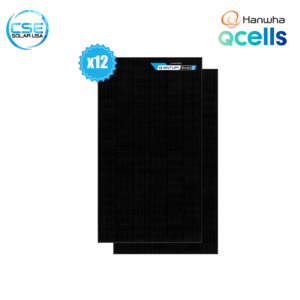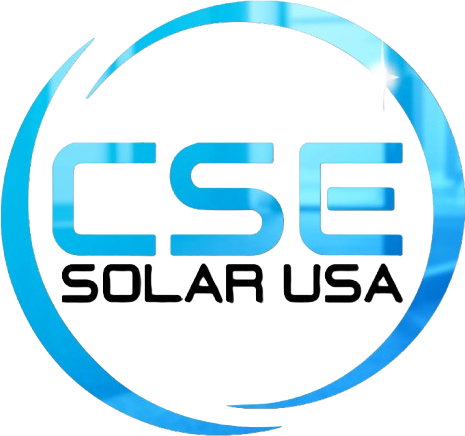How to Choose the Right commercial solar inverters for Your Business
When it comes to installing a solar system in your business, one of the most important things to consider is commercial solar inverters. This device converts the DC (direct current) electricity generated by your solar panels into AC (alternating current), which is then used to power your business. Choosing the right inverter is important to ensure the efficiency, durability and overall success of your solar installation . Here is a simple guide to help you choose the right commercial solar converter for your business.
Understand your energy needs
Before choosing an inverter, it’s important to consider the energy needs of your business. Commercial solar inverters come in a variety of sizes and capacities, so you need to make sure the one you choose matches the amount of electricity you need to run your business efficiently Consider things like:
Daily Energy Consumption
Check your business’s daily energy usage to determine the size of the solar system needed.
Peak demand: Some companies experience fluctuations in power consumption during periods of peak usage, and may require a high-voltage inverter to handle the load.
By understanding your energy needs, you can choose an inverter that can best handle the expected load.
Choose between String Inverters and Microinverters
There are two main types of commercial solar inverters used in commercial solar systems: string inverters and microinverters. Each comes with its own benefits:
String inverters are the most common choice for large commercial solar installations. These inverters are connected to multiple solar panels (“wires”) at once. They are cost-effective and easy to install, but performance can be affected if one of the panels casts a shadow or is damaged.
Micro Transducers are placed on each individual panel, allowing for precise control of the output voltage of each panel. This makes them an excellent choice for installations where shading or panel placement can cause performance issues. However, micro transformers are more expensive than wire transformers.
Consider the layout of your solar panels and their potential for shading or other factors that could affect performance when deciding which inverter to use.
Consider efficiency and performance
The efficiency of a commercial solar inverters is important to ensure you get the most out of your solar system. Inverters usually have an efficiency rating that determines how well they convert DC power to AC power. Look for inverters with high efficiency ratings, typically 95% or higher. The more efficient you are, the more electricity you will get from your solar panel, which can save you a lot on your energy bills.
You need to additionally search for high-overall performance features which include:
- Maximum power factor monitoring (MPPT): This technology ensures the inverter operates at its peak efficiency by continuously adjusting to the converting daylight conditions.
- Durability: A commercial inverter must be built to withstand the demands of each day use in an industrial setting, such as various weather conditions and temperature fluctuations.
Factor in the Size and Capacity
The length of your solar inverter accessories has to be matched with the overall size of your sun machine. Over-sizing or beneath-sizing the inverter can cause inefficiency or capacity device failure.
Undersized inverters may also struggle to transform all of the electricity generated by using your panels, mainly to power loss.
Oversized inverters main purpose is useless expenses without a significant overall performance gain.
To calculate the right length, you need to recognise the entire wattage of your solar panels and select an inverter that may take care of that load. Your sun installer allows you to decide the perfect inverter length based totally to your machine specs.
Look for Warranty and Support
Since commercial solar inverters are an investment in your enterprise, it’s essential to not forget the guarantee and after-income support furnished via the producer. A lengthy warranty of 10-15 years is common for notable commercial inverters, which guarantees peace of thoughts and protects you from ability problems down the road.
Check the terms of the guarantee and make sure that the producer offers reliable customer support and services in case you run into any issues with the inverter. This is particularly critical if you’re operating in a location wherein brief repairs or replacements are vital.
Check the costs
Cost is always an important consideration when choosing any equipment for your business. While it’s important to stay within a budget, keep in mind that cheaper inverters may not always provide the best long-term returns. You can save upfront costs, but you’ll end up paying more for maintenance, repairs, and downtime over time.
Compare the upfront cost of the inverter with its performance, warranty, and potential savings over the years. Often it is necessary to invest a little more for a high quality inverter that will last longer and perform better.
Check if it matches your solar system
Not all inverters are compatible with every solar panel system, so it’s important to make sure the inverter you choose is compatible with your specific configuration. Talk to your solar provider to confirm that the inverter is efficient with the type and number of solar panels you have installed. Also, make sure it has the correct input voltage and current specifications to avoid compatibility issues down the line.
Conclusion
Choosing the right solar transformer is essential to the efficiency and reliability of your solar system. By understanding your energy needs, choosing the right inverter, and analyzing factors such as performance, size, cost and support, you can ensure your business gets the most out of a solar installation in the 19th century. With the right inverter, your business can significantly save energy while reducing its carbon footprint.
If you’re not sure which inverter is right for your business, talk to a solar professional who can help guide you through the system selection process.
